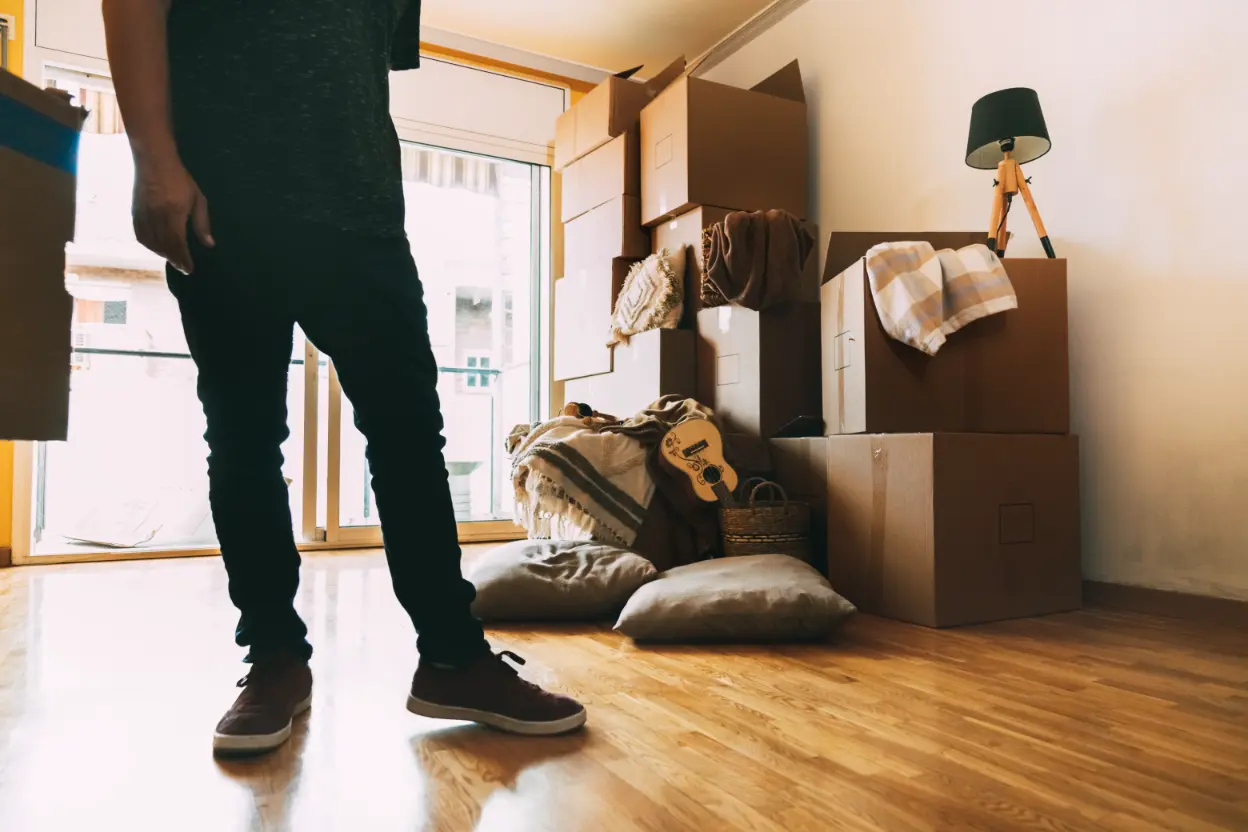Are you preparing for a move and looking for ways to protect your belongings? Moving can be a stressful process, but there is one measure that any homeowner should consider – moving insurance. Moving insurance will help provide protection against loss or damage to personal property during the relocation process, relieving some of the worry associated with leaving your home. Read on to learn more about why this form of coverage could benefit you when making a move – whether it’s down the road in town or across the country.
Types of Moving Insurance If You Hire Movers
In most cases, if you hire movers, they will be responsible for the safety of your belongings throughout transit. However, federal law mandates that movers provide two distinct forms of protection for interstate moves. If any of your belongings are lost or stolen, you will be compensated according to the type you choose.
Full Value Protection.
Any mover is accountable for the whole replacement value of your lost or damaged belongings in your shipment if you have full value protection.
If any of your belongings are damaged, destroyed, or lost during the move, your mover has the choice of repairing the item, replacing it, or offering a monetary settlement for the cost of the repair or the item’s current replacement value. This form of coverage is often more extensive but more costly.
The cost of full value protection coverage varies depending on the mover. So, depending on the deducible you pick, the price might change.
Released Value Protection
This coverage is provided at no extra cost but offers very limited protection. You may get up to 60 cents per pound for an item with released value protection. As a result, if your five-pound computer is worth $600, you will only get $3 if it is lost or destroyed (60 cents * 5 pounds).
Separate Liability Coverage
For an extra fee, some movers provide independent liability coverage via a third-party insurance firm. While your mover is still liable for the released value protection, which only pays up to 60 cents per pound, this extra insurance coverage will cover the remainder of the loss up to the policy limitations.
If you decide to acquire additional moving insurance via the movers or a third-party source, make sure you have the policy terms in writing and understand what is and isn’t covered.

What’s Not Covered Under Moving Insurance Policies
Certain conditions may reduce your movers’ responsibility and make purchasing moving insurance more appealing. This includes the following:
- Packing perishable, risky, or hazardous objects without alerting your movers.
- Choosing to pack some of your own belongings to save money may make it difficult to file a claim if the items are damaged as a result of your own packing efforts.
- Failing to notify your mover in writing if any goods are valuable.
- Natural catastrophe damage, such as a tornado
It’s also worth noting that if you’re not relocating to a new state, you should check with your state, county, or municipal consumer affairs department or state moving organization to confirm local mover laws and regulations. Each state’s liability and valuation requirements for movers may vary.
How Much Does Moving Insurance Cost?
Moving insurance costs vary depending on variables such as the value of your belongings and the kind of coverage you choose. If you pick basic coverage or released value protection from your mover, it is usually included in your moving contract. You may anticipate to spend roughly 1% of the entire estimated value of your personal things if you choose full value protection moving insurance.
Moving insurance from a third-party insurer might cost between 1% and 5% of your value estimate. As a result, using the preceding estimate, the cost of coverage would range between $180 and $900.
Do I Need Moving Insurance?
When planning a move, you may hire movers, pack your belongings, and transfer your homeowners or renters’ insurance to your new location. Is moving insurance worth it?
The majority of consumers are unaware that their homeowners or renters’ insurance could not cover their belongings if they are lost or damaged while being transported. As packing and transporting your goods puts them at risk for a wide variety of potential problems, moving insurance might be a useful precaution to take.
Moving to a new residence is always a daunting and nerve-wracking experience. You never know what surprises and unexpected costs you may encounter along the way, which is why having moving insurance for your valuables can be a great relief. It helps protect you from any potential damages or loss that could cost you thousands of dollars in the end. While moving insurance might not be required in some circumstances, it can help provide valuable peace of mind when dealing with such expensive transportation of your belongs.
Moving insurance policies may cover some or all of your items in transit, depending on what you purchase—it is important to understand this before purchasing a policy. Knowing that you have taken the steps necessary to protect your valuable items will provide great peace of mind throughout the process of moving.
Working with one trusted resource – like Star International – to help secure the necessary coverage can make all the difference during an otherwise stressful journey. We understand that our clients need reliable solutions when purchasing a moving service, which is why we offer wide selection of coverage options tailored to meet each individual’s needs. Let us help you secure your possessions today and provide more comfort in your dream home relocation. And don’t forget, once you’re all moved in, let us also help you with your other moving needs.














